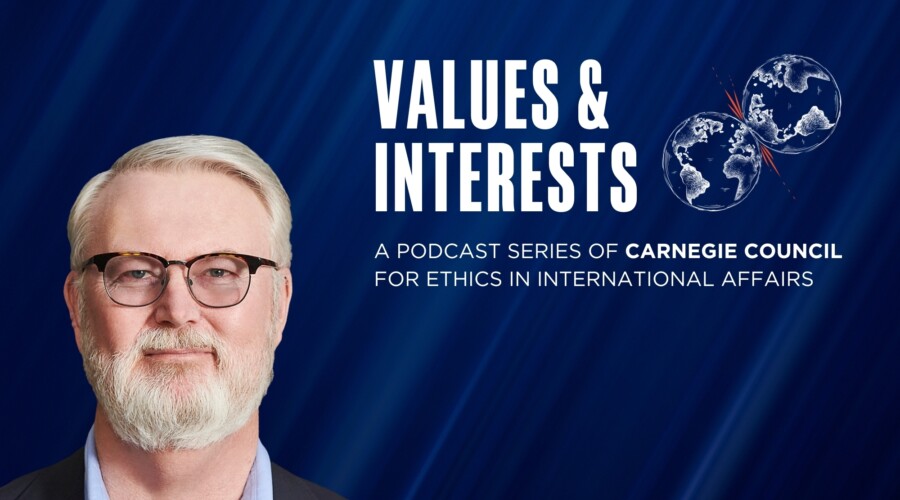Executive Summary
There has been much attention to what Germany, Chile, Argentina, South Africa, and other countries that undergo transitions to democracy have tried to do by way of prosecutions -- but not enough attention to their efforts by way of reparations. Yet from the standpoint of the victims, argues Pablo de Greiff of the International Center for Transitional Justice reparations programs occupy a special place in a transition to democracy. Indeed, they are the most tangible manifestation of the efforts of the state to remedy the harms that these victims have suffered.
Pablo de Greiff's presentation is informed by both theory and practice. While preparing, along with his colleagues at ICTJ, a comprehensive study of reparations cases worldwide, entitled Repairing the Past: Compensation for Human Rights Violations, he was also involved in the design of various reparations programs, and acted as an advisor to the Peruvian Truth and Reconciliation Commission on its reparations recommendations.
He examines what justice in reparations can and should mean when its aim is to repair a large number of cases, as opposed to individual, isolated cases. In this context, he argues, the idea of compensation in proportion to harm raises insurmountable problems. Hence, there is a need to reconceptualize fairness in reparations in terms of how reparations programs serve to promote the goals of recognizing victims, promoting civic trust, and fostering social solidarity.
KEY CONTENTS
- The meaning of the term "reparations," distinguishing between two spheres of use: international law and massive reparations programs
- The advantages and disadvantages of the two definitions
- What constitutes justice in reparations
- Difficulties in applying full restitution to cases of massive violations
- Problems of case-by-case application of full restitution to mass violations
- Justice in mass reparations: a proposal
- Discussion



